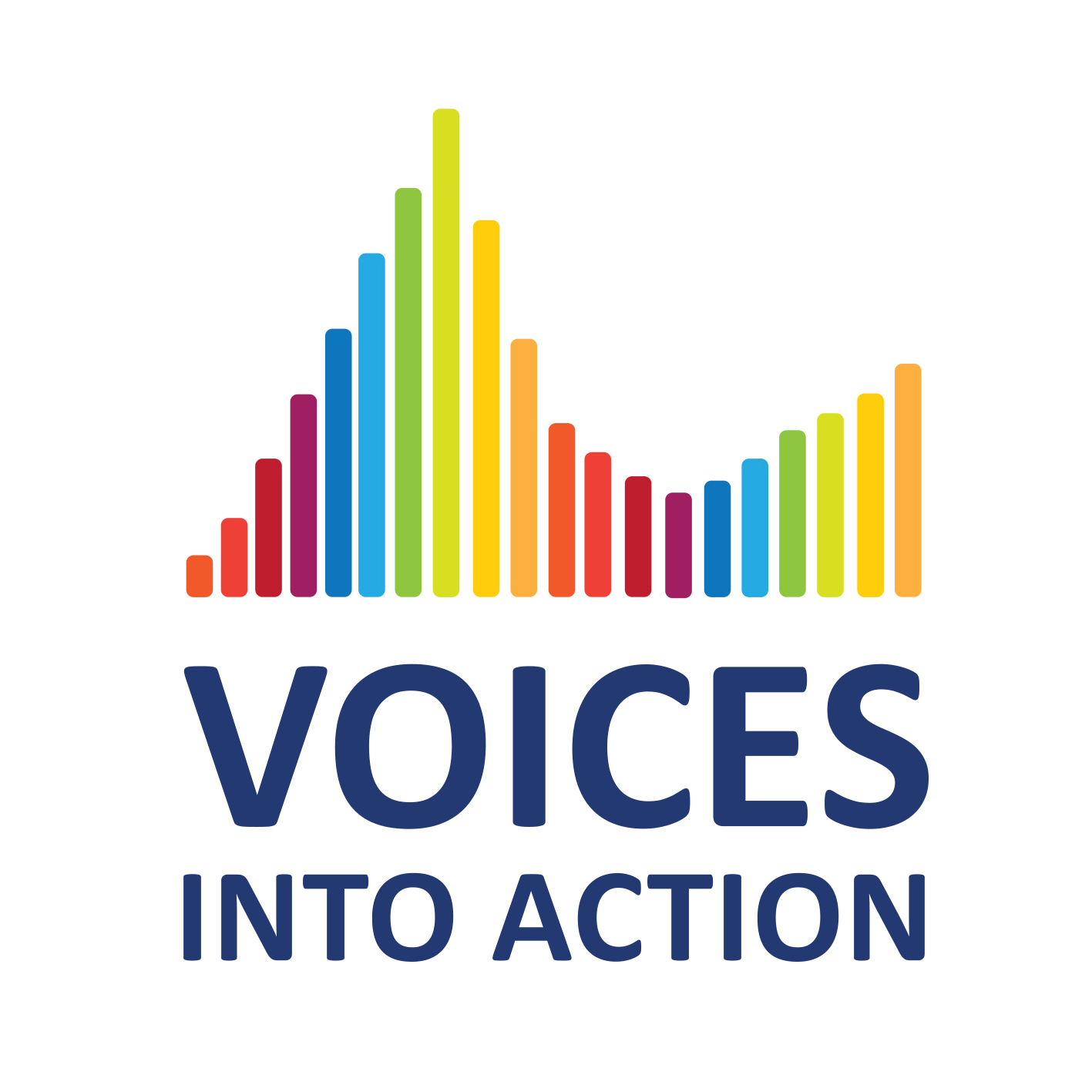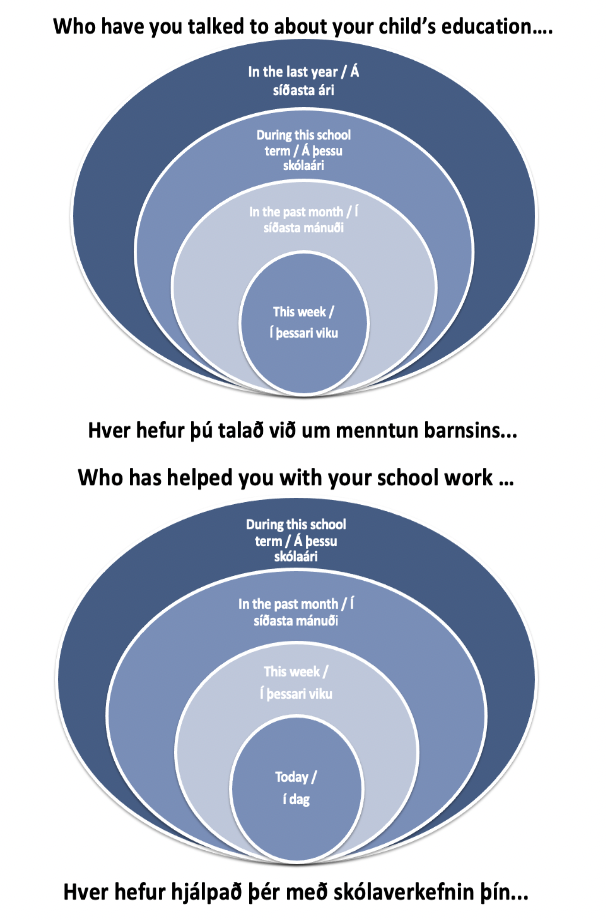Agency examples
The Agency has experience directly involving young people in exchanges with decision-makers responsible for developing and implementing policy for inclusive education. The following are some examples:
-
Consultation workshops with learners as part of the European Commission’s Directorate-General for Structural Reform Support’s Structural Reform Support Programme activities
-
Focus groups and surveys with learners and families in external audits carried out by the Agency on Malta’s and Iceland’s education systems
-
Focused, interactive learner workshops in thematic activities, such as the Inclusive Early Childhood Education activity.
The following key messages emerged from an internal review of past Agency practice. Though directed at Agency staff, these messages are relevant to anyone designing participatory approaches:
-
Explore different ways to recruit learners and families, to minimise selection bias.
-
Produce and share accessible preparatory information about the planned activities and ways of working.
-
Explore different ways to participate, e.g. ensuring meetings take place at a time, in a place and in a language that enable all to take an active role.
-
Allow learners to communicate about any aspect of their experiences they wish, even if that means straying from the pre-determined agenda.
-
Ensure clarity and transparency on how learner and family views are incorporated into the activity outcomes.
-
Collect feedback from participants in appropriate ways.


